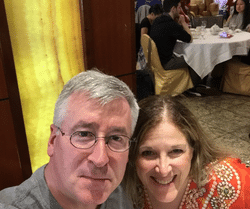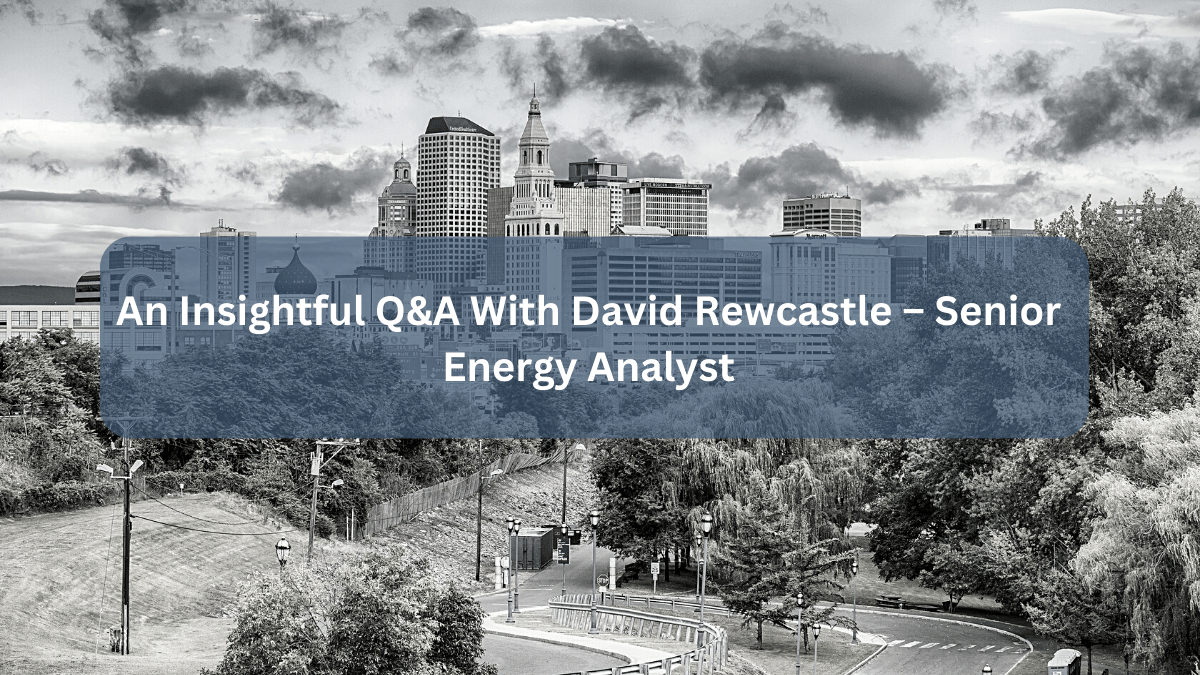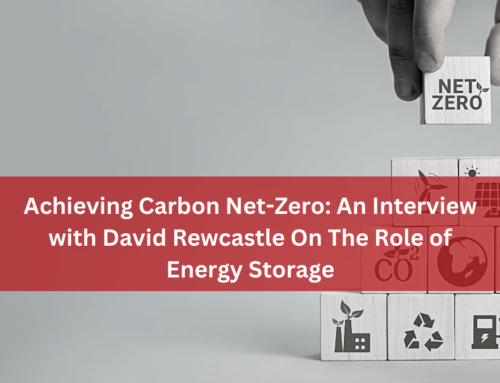Looking for insight into a professional energy analyst’s experience and career path? Get to know David Rewcastle, Senior Energy Analyst, through this revealing Q&A!
Learn about his path to success and get valuable advice on how you too can become a senior energy analyst.
What motivated you to get into the energy industry?
My passion for energy and an interest in the environmental impact of our consumption of non-renewable resources were my main motivations for getting into the energy industry.
Growing up I had a strong awareness that we needed to find cleaner, more sustainable ways to provide electricity and heat as human populations continue to expand.
I was also motivated by the challenge of finding efficient solutions when it comes to energy resource management.

What have been the biggest challenges you’ve faced in the job so far?
One of the biggest challenges I’ve faced and continue to face in my job is keeping up with the ever-changing landscape of energy production.
There has been a rapid shift in the way electricity is generated over the last few years, and attempting to stay one step ahead requires constant learning and adapting.
Furthermore, with new environmental laws coming into effect every year, I need to work to ensure that our energy resources are being used responsibly.

How do you ensure data accuracy and quality in your research projects?
Data accuracy and quality are extremely important to an energy analyst due to the nature of the industry. It’s essential that I have an in-depth understanding of my data sources and make sure any information I use is up-to-date and accurate.
To ensure this, I conduct frequent reviews of the data sets I use for research projects, cross-checking for inconsistencies or errors.
Additionally, I regularly seek out independent insights from other professionals in the field to check against my findings and make sure they reflect current trends accurately.

What advice would you give to people entering this field?
My advice to people entering the energy analyst field is to have strong problem-solving and analytical skills, be comfortable with complex data sets and possess a passion for learning new technologies.
It’s also beneficial to cultivate expertise in areas within the energy industry such as electricity markets, recognizing relevant trends in financial markets, quantitative analysis and analytics, and risk management.
Most importantly, don’t be afraid to ask questions from more experienced colleagues.

What do you think are the most important components of a successful energy project?
In my experience, successful energy projects all have common elements. The project should have a clear goal and timeline, with meaningful milestones and measurable objectives. There should be an effective team with highly competent people working collaboratively towards the same goal.
Additionally, it’s important that the project is well structured and supported by relevant policies, guidance, regulations, and procedures.
Lastly, the risk assessment needs to be an integrated part of the project; resources need to be available to manage potential risks efficiently.

David Rewcastle of Darien, Connecticut, is an Equity and Fixed Income Analyst with a background in Finance and Middle East Studies




Leave A Comment